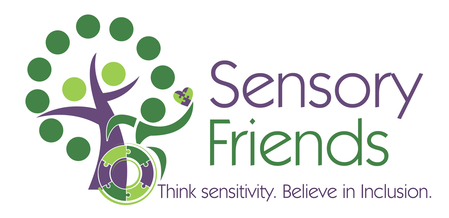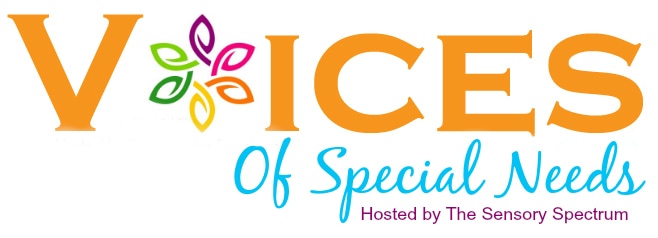What is Disability Etiquette?
Staring at someone isn’t flattering.
Don’t pretend they don’t exist.
Speak to individuals with disabilities as you would anyone.
I have also been in the presence of people shouting at individuals with disabilities, as if to make their words clearer or more understood.
Always make eye-contact with the intended person and not their translator or caregiver. Leave the translating to the individual, your discussion is with the intended person. A person’s disability shouldn’t impact your personal connection with them.
I’ve heard people say they have a hard time with knowing what to say to a person with a disability. Talk about anything you would ordinarily talk about with your friends or anyone you meet for the first time. Individuals with disabilities are no different from the rest of us. There are times I’m not sure what to talk about with people I just met (disability or not), and for the sake of socializing and the prospect of making new friends, I love talking about movies, television shows, sports, books, or travel. These are universal topics that can open the door to great conversations with anyone.
Use Person First Language
Now I know that in some social circles there may be disagreement about addressing someone with person first language. For example, in the autism community, many self-advocates prefer to be called “autistic” than to be addressed as a “person with autism.” Just as we have the right to consciously decide to use Person First language, these individuals have a right to request to be called whatever they wish. If I’m told that a person prefers to be addressed in a different way, then of course, I adhere to their request.
Do’s and Don’ts at a Glance:
|
Please don't:
Identify a person by their disability.
Stare at or ignore someone with a disability. Speak in a child-voice to or yell at individuals with disabilities. Speak directly to the interpreter or caregiver. Hang your jacket/purse on or lean on a person’s wheelchair. Assume someone wants help, ask if it’s okay first. Arbitrarily touch a person’s service dog. Interrupt or finish a person’s sentence because you detect speech challenges. Be nervous and overthink your behavior. |
Please do:
Use Person-first language
Smile, say hello, and if possible make a friend. Speak politely as you would with anyone else. Make eye-contact with and address the individual with a disability in conversations. Try to make yourself at eye level with a person who uses a wheelchair (sit down on a chair). Wait for the person’s acceptance of your assistance. Admire and compliment the service dog and ask if it’s okay to pet them. Be patient and try to listen carefully to what to they’re saying. Relax and be yourself! |



 RSS Feed
RSS Feed